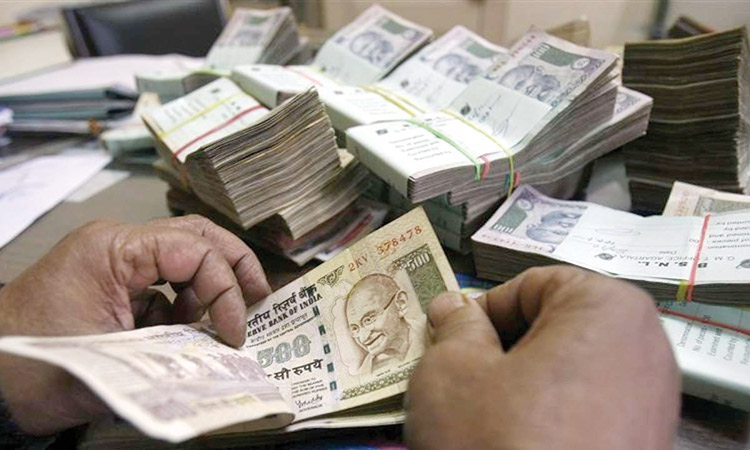Impending polls may shift focus away from divestment

Picture used for illustrative purposes.
The government official, who spoke on condition of anonymity, did not give an exact figure as the finance ministry is preparing the national budget for next year, to be presented in parliament on Feb.1.
Setting a figure below this year’s divestment target of Rs510 billion ($6 billion) would make it the lowest since the Rs400 billion set in fiscal 2013/14, when Prime Minister Narendra Modi stormed to power for his first term.
Still, a lower target for the next fiscal year, which begins on April 1, looks likely as the government is unsure whether regulatory delays will allow it to complete the sale of a majority stake in IDBI Bank, the official added.
“There is no clarity on when the ‘fit and proper’ vetting would be completed, and there will be other approvals required from the RBI once a buyer is shortlisted, making the process time-consuming,” the official said.
The official, who sought anonymity as finance ministry officials are not allowed to speak to the media during budget preparation, was referring to the central bank, the Reserve Bank of India.
India’s finance ministry did not immediately respond to Reuters email request for comment.
When completed, the sale of IDBI Bank is expected to bring more than 200 billion rupees ($2.4 billion) into government coffers, according to a Reuters calculation based on its share price.
The impending elections may shift the government’s focus away from divestment and privatisation, the official said.
Governments are generally cautious about launching such exercises ahead of elections, because of the risk of opposition from employees and their powerful unions.
Modi’s government has met its privatisation and divestment target only twice in the last decade, even though his government’s track record outstrips that of any previous administration.
Despite aiming in 2020 to divest state-run firms in sectors from banking and insurance to transport and energy, the government’s only notable success was Air India, while lack of interest forced it to withdraw others, like Bharat Petroleum Corp.
The government official added that the scope for sales of minority stakes in some big state-run companies has narrowed.
This is because the government’s shareholding has hit the permissible limit of 51 per cent in many such firms, limiting its ability to raise funds through such sales, he added.
Lowering the divestment target shows the government may be reassessing its policy and may want to focus on running such exercises professionally, said Sandeep Shah, managing partner at a consulting firm, N.A. Shah Associates LLP.
“The recent large dividend payouts, coupled with profitability of public sector companies, and investor interest, can be a trigger point,” Shah added.
India foresees the dividend payout from state-run firms this fiscal year to exceed government expectations.
Meanwhile India plans to form a consortium of state-owned companies to facilitate coking coal imports to help domestic steel companies tide over shortages, two government sources said.
Stung by lower supplies and higher prices of coking coal, leading Indian steel companies have petitioned the government to help boost supplies of the key steel-making raw material.
Indian steel companies consume around 70 million metric tonnes of coking coal annually, and imports constitute around 85% of the country’s total requirement.
Steel mills in India, the world’s second-biggest crude steel producer, have struggled with volatile supplies of coking coal from Australia, which normally accounts for more than half of India’s annual imports.
Other than Australia, India imports coking coal from the United States, Indonesia and Canada, among others.
The consortium of government-backed companies would make it easier for steel companies to import coking by reaching out to suppliers in different countries, negotiating prices and other terms of import deals, and eventually selling the imported raw material to local steel mills, the sources said.
The sources, with direct knowledge of the matter, didn’t wish to be identified as they are not authorised to talk to the media. They did not name any of the companies that might be involved.
The consortium would also look at diversifying India’s coking coal imports. “The idea is to get the best price and look beyond Australia to diversify the imports basket,” one of the sources said.







